Top 7 Amazing ideas hidden in mediocre games
Silver lining
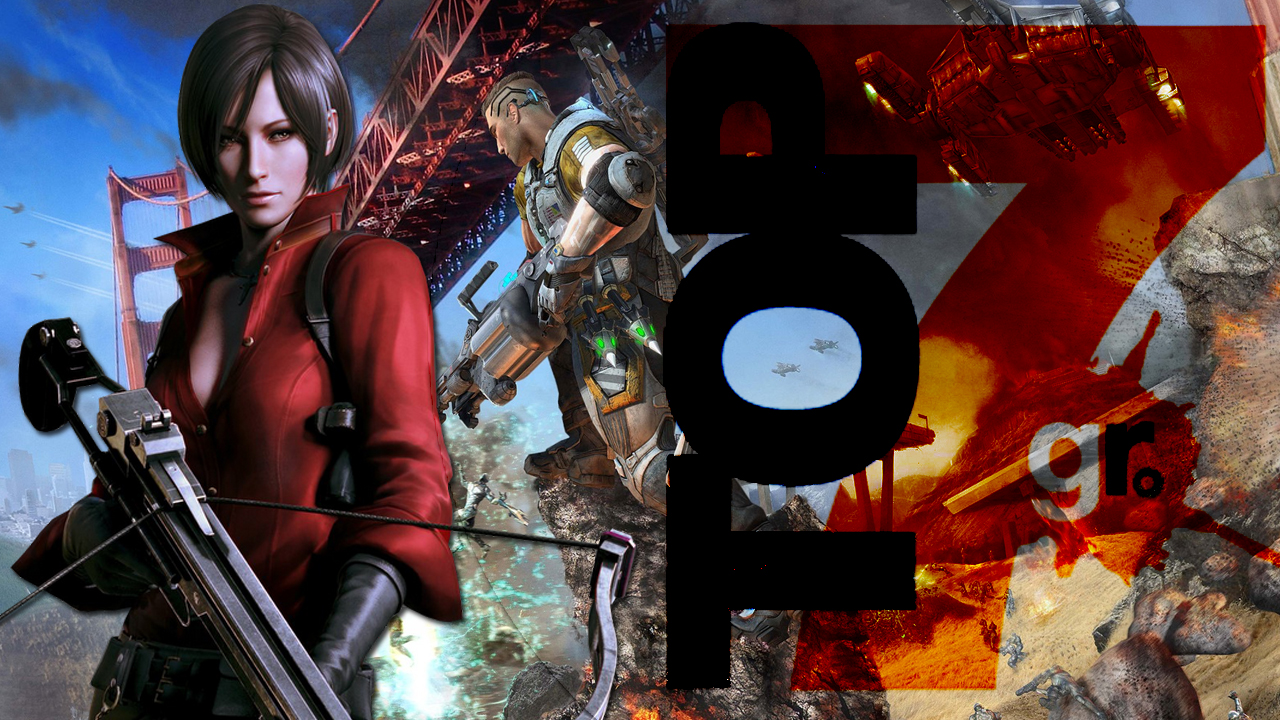
Not every game can be BioShock or The Last of Us--for every critically-acclaimed hit, there are dozens of games that end up in the bargain bin. Some of these are total train-wrecks (I'm looking at you, Ride to Hell: Retribution), but others actually have some damn good ideas weaved through their otherwise-mediocre code.
These games wont set your gaming world ablaze if you try them. You'll undoubtedly see what held them back from greatness, and agree to their oftentimes-crippling mediocrity. However, theyre worth a go merely to see mechanics that, in a better game, would be seen as revolutionary.
7. Fractures on-the-fly terrain deformation
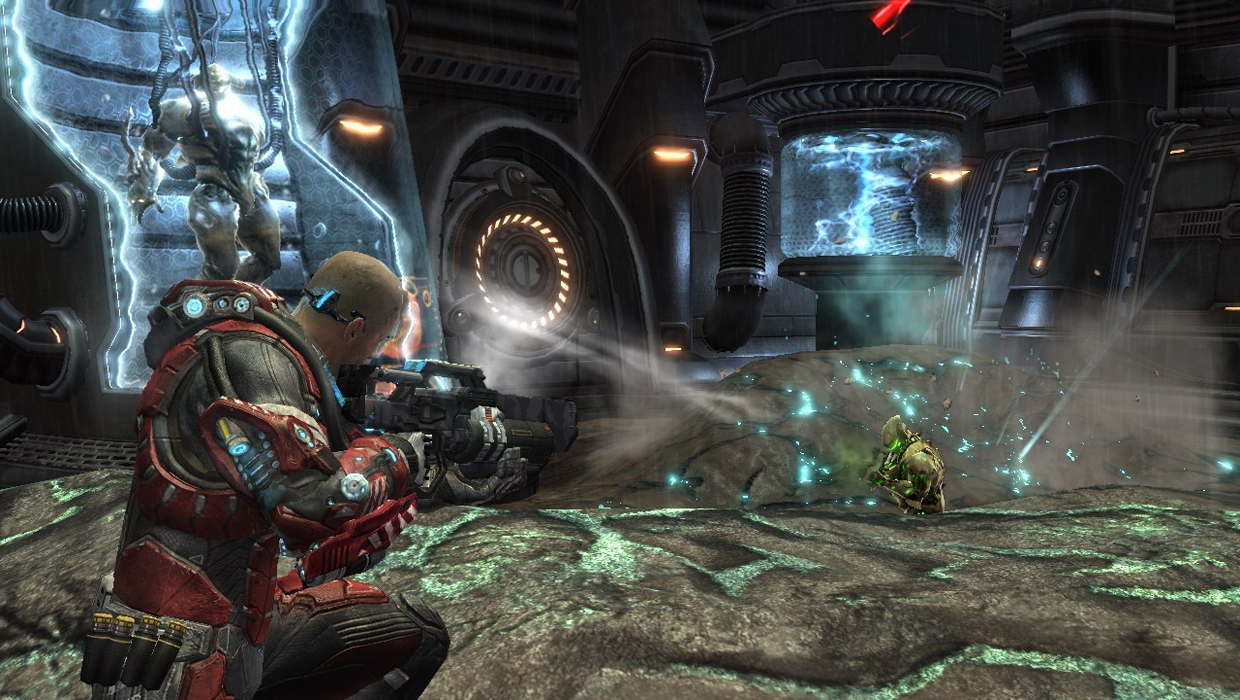
It's just how shooters go: you find yourself pinned down with very little cover and a horde of enemies bearing down. And in that moment, you wish you could create a little cover of your own which is exactly what Fracture allows you to do. The terrain deformation gameplay is incredibly cool; unfortunately, thats about the only thing Fracture does well.
Imagine if other shooters implemented Fractures ability to transform the ground. What if you could turn the tables on Gears of Wars Locust and create a sinkhole that they fall into, instead of coming out of? How would the Hunters in Halo react if you quickly raised them multiple stories high, and then made them plummet to the ground by taking their footing away? These games would be completely different, perhaps even made better, with this idea. I hope someone else gives this a try soon, so we dont have to control a guy named Jet Brody to move the earth around. Seriously. Jet. Brody.
6. Alone in the Darks first-person crafting
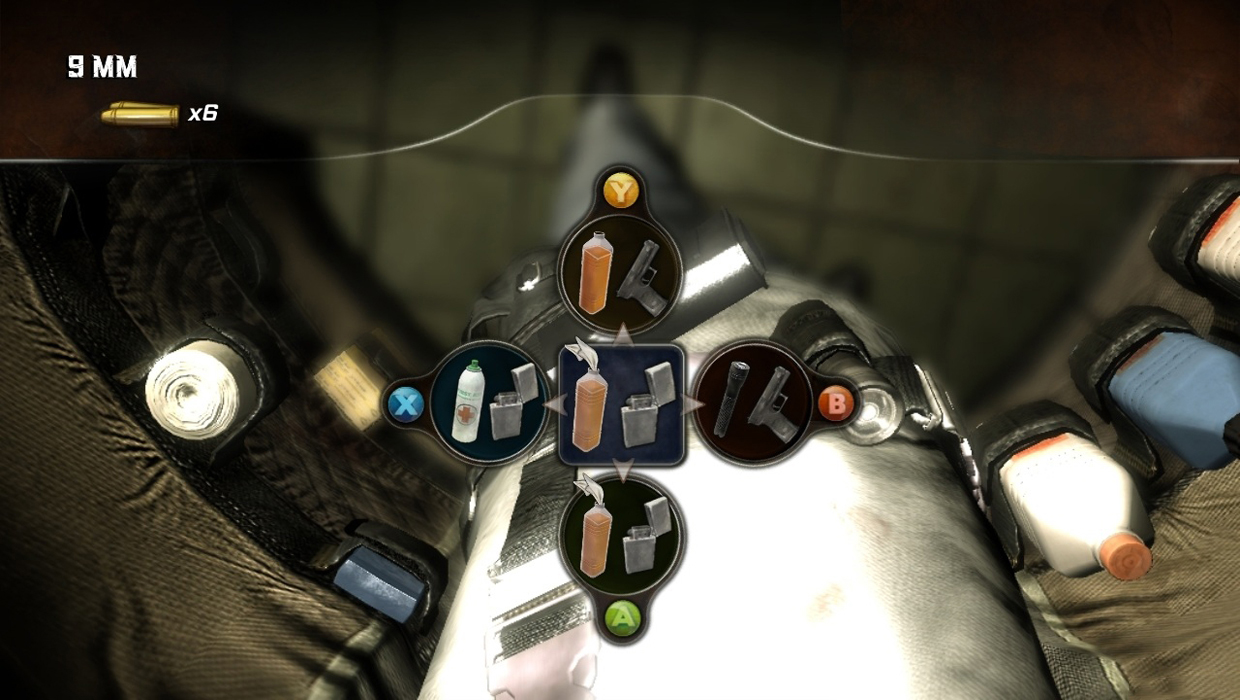
The 2008 reboot of Alone in the Dark has a lot of problems. Controlling Edward Carnby is a chore, fishing through his pockets for usable inventory is tedious, and the camera is so broken it makes Epic Mickeys seem like award-winning cinematography. However, while digging through Carnbys pockets is somewhat frustrating, actually using whats inside those pockets is anything but.
Alone in the Dark was a pioneer in allowing us to combine two weapons to make a better one. There are limitations on what can be mixed, but theres a sense of power in taking two ordinary items and putting them together to make a supercharged object. Dead Rising 2 has similar ideas, but takes them too far--its the realism that makes Alone in the Dark's work.
5. Alpha Protocols conversation system
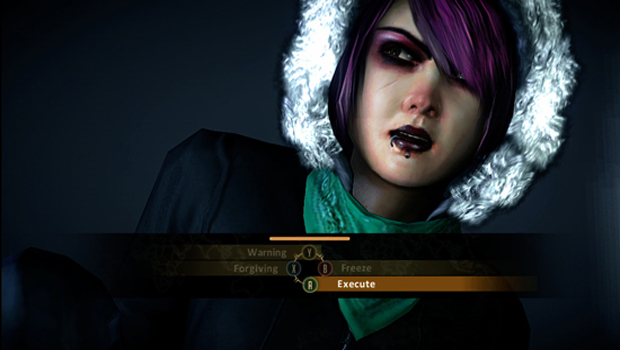
Mass Effect may have popularized branching dialogue, but Id argue that Alpha Protocol does it far better. Instead of showing what will be said, Alpha Protocol merely hints at the tone protagonist Michael Thorton will use for a given path. Now you have to be careful not only of WHAT he says, but HOW he says it, too. And that extra layer makes a big difference.
Sign up to the GamesRadar+ Newsletter
Weekly digests, tales from the communities you love, and more
You see just how much of a difference it makes, when characters in the game reference how Thorton addressed some questions earlier in the story. Those choices of seemingly inconsequential dialogue affect how certain characters address him in unexpected ways, which is exactly how a dialogue system should work. Hell, that's how real dialogue works--you never know how someone is going to take something you say unless you pay attention to tone.
4. Resident Evil 6s transforming enemies
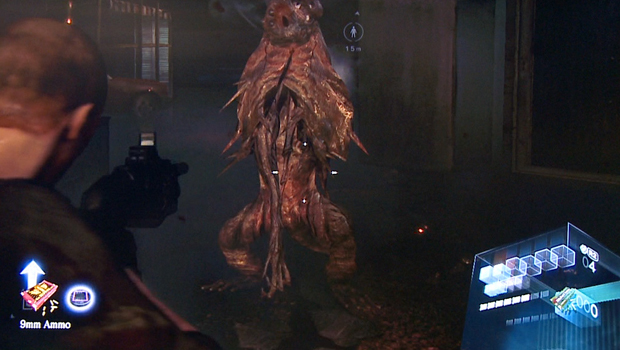
Resident Evil 6 is plagued with problems, but--ironically--the infected enemies are one of its best features. Resident Evil has thrown transforming enemies at me before, first with Las Plagas in RE4 and then the Majini in RE5. However, the Javo and Chrysalids in RE6 morph in completely random ways. Each change is a horrifying surprise.
They start as shambling corpses, and then they turn into the cocoon-like Chrysalids. Here, they morph again into one of many different variants. You may see the quick and agile Strelats, the slow and strong Napads, or the airborne Mesets, but youll never know whats coming until its drooling down your neck. It's a really neat idea, and something that more horror games really should emulate. For me unpredictable, erratic enemies are 100% more frightening than any cheap, jump scare.
3. Divinity 2s mind-reading
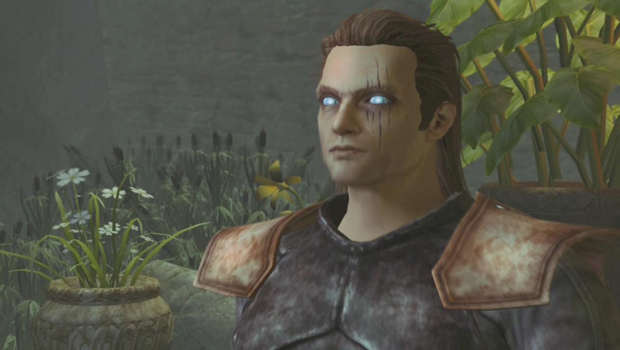
Dialogue choice is pretty common in games, but Divinity 2: Ego Draconis puts a new spin on the idea with its mind-reading mechanic. The game lets you read NPCs minds, unlocking new dialogue trees or learning secrets before you even open your virtual mouth.
And while that might seem pretty overpowered, the game has an ingenious way of keeping things balanced. Mind reading doesnt always unlock something new, and it costs experience points to use. So, do you spunk valuable XP on a conversation that may--or may not--yield valuable rewards? Or save it for something more useful? Decisions, decisions.
2. Operation Raccoon Citys re-spawning system
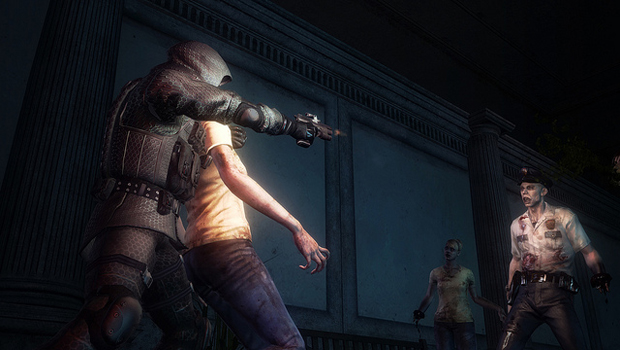
Another Resident Evil game, another brilliant concept bogged down by mediocrity. Operation Raccoon City's focus is on cooperative play, but it doesnt allow a player to immediately respawn after death. Instead, the character dies, re-animates as a zombie, and then must be killed by a partner BEFORE returning to the battlefield. Basically, if you see a friend die, make sure to do him a favor and plug two in the back of his head so he can come back to the battlefield. It's the least you can do.
What sounds strange in theory is actually a lot of fun in practice, making an already hectic battle even more insane should one of you fall. Imagine a Call of Duty Zombies session where a friend dies, then immediately comes back and attacks you; wouldnt that make the whole experience a little more fun?
1. Walking Dead: Survival Instincts scavenging
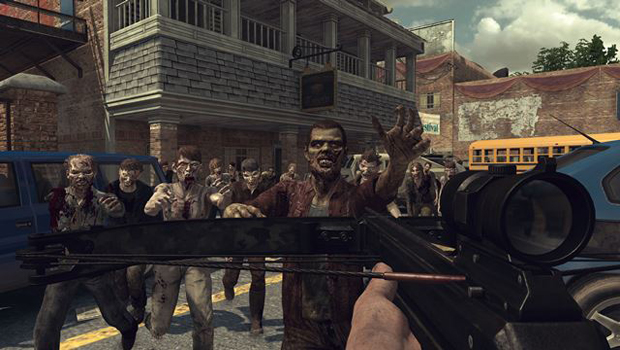
After all of the progress licensed games made with the Batman Arkham series and others, Walking Dead: Survival Instinct came and mucked it all up. However, despite its lackluster effort, Survival Instinct presents a really neat take on the zombie apocalypse by making survivors scavenge for supplies while traveling around the world. More zombie games need to do things like this.
Running out of gasoline sends you into a town to get more. If you're low on food you need to find a place to scavenge for more. Find some friends on the road? Good, but that means more supply usage, which means more scavenging. It's basically the evolution of Oregon Trail-style gameplay, mixed in with a modern game. Theres an excellent experience buried in those mechanics somewhere, it's just lying under a mound of moaning mediocrity.
Beacons of hope
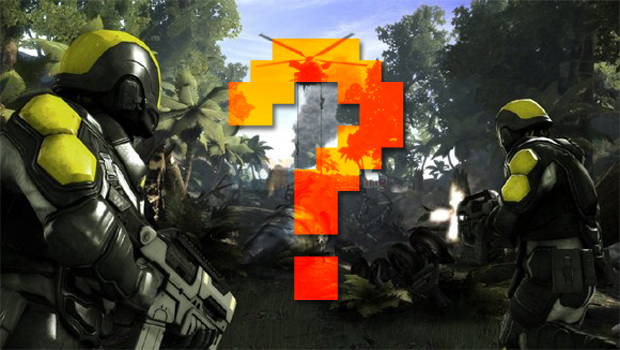
Sure, these arent the best games ever made, but the ideas they present could be a huge deal in a better produced game. A Mass Effect Spectre with mind-reading abilities? Randomly transforming enemies in a Left 4 Dead game? Sound like awesome ideas to me.
For more GamesRadar goodies, check out the most impressive, imposing castles in video games, as well as everyday things given life in video games.


